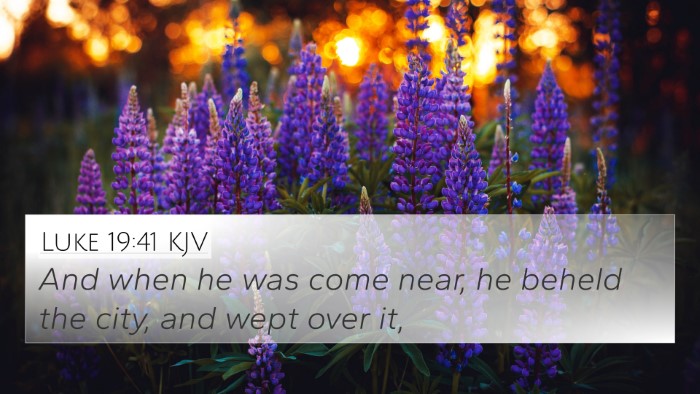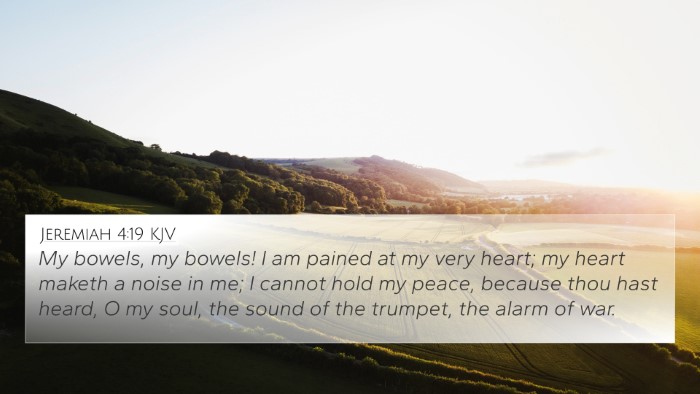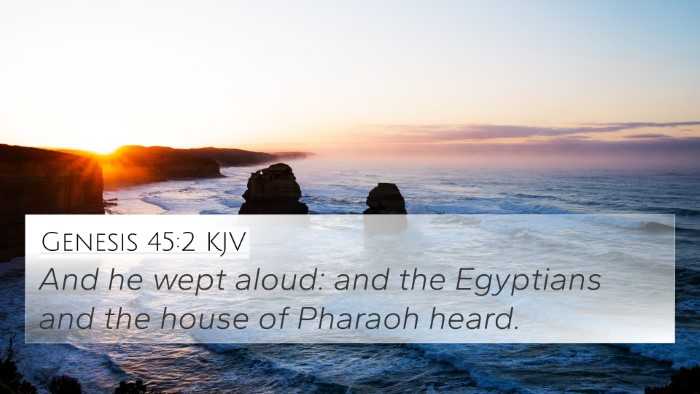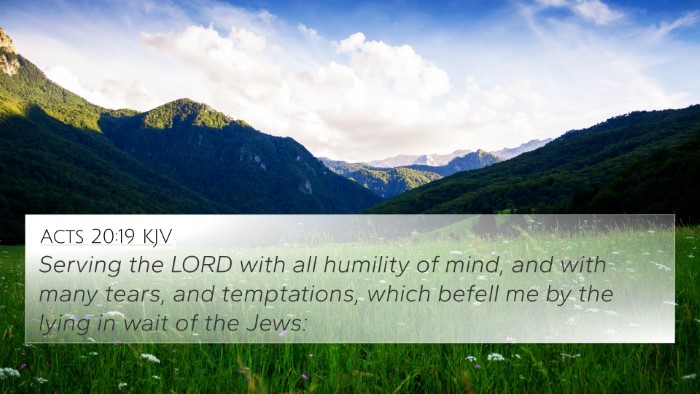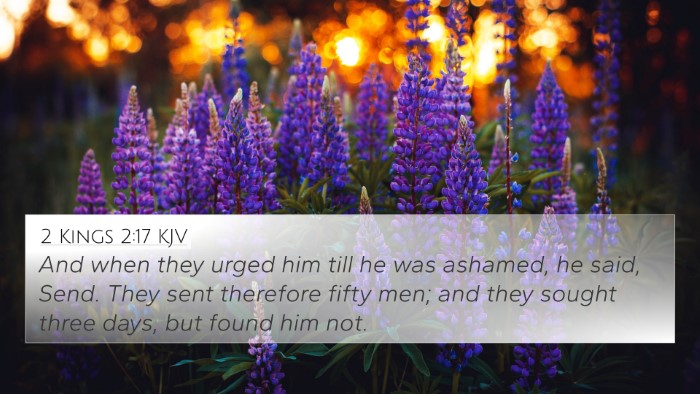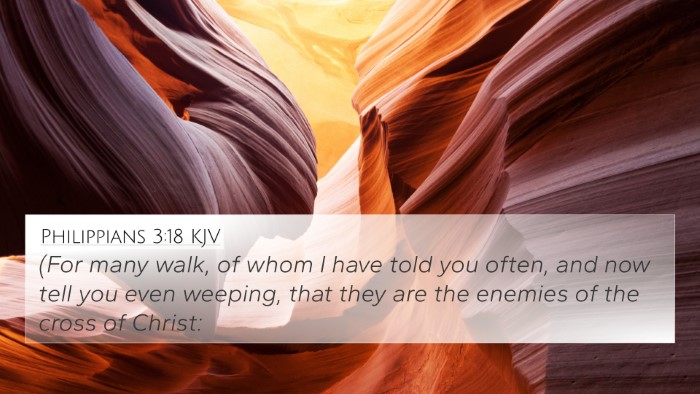Understanding 2 Kings 8:11
2 Kings 8:11 reads: "And he settled his face steadfastly until he was ashamed: and the man of God wept." This verse encapsulates a poignant moment in the life of Elisha, the prophet, illustrating the deep emotional connection between the prophet and the person he was speaking with.
Summary of the Verse
This verse depicts a powerful interaction where the prophet Elisha is deeply moved. He gazes intently, or "steadfastly," at Hazael, who would soon become king of Syria. The emotion is so profound that Elisha weeps for the fate that awaits Israel due to Hazael’s future actions.
Interpretative Insights
- Matthew Henry: Henry emphasizes Elisha's prophetic insight, noting that his tears arise from a divine revelation of the suffering and turmoil Hazael would inflict upon Israel. This moment reflects Elisha's compassion and his role as a divinely appointed prophet, foreseeing great calamity ahead.
- Albert Barnes: Barnes acknowledges the dual aspect of this verse, both the sadness Elisha experiences for his nation and the shame Hazael feels in front of the prophet. He suggests that this moment signifies a critical turning point, highlighting Hazael's internal conflict and the weight of his impending actions.
- Adam Clarke: Clarke examines the emotional gravity of the situation, pointing out that a man of God can feel profound sorrow over the disobedience and fate of a nation. He also illustrates how prophets were often given insight into future events, which could lead to emotional turmoil.
Thematic Bible Verse Connections
2 Kings 8:11 connects with various themes throughout the Bible, including prophecy, divine insight, the emotional burden of leadership, and the consequences of choices. Below are several relevant Bible verse cross-references that deepen our understanding of this moment:
- 1 Kings 19:17: God's command to strike down those who would harm Israel aligns with Elisha's foresight regarding Hazael's future actions.
- 2 Kings 5:27: Here, the consequences of greed and deception resonate with Hazael's actions and the resulting judgment.
- Amos 3:7: The Lord reveals His plans to His prophets, which showcases Elisha's prophetic knowledge leading to his weeping.
- Luke 19:41-42: Jesus weeping over Jerusalem reflects a similar sorrow for a nation headed toward destruction.
- Jeremiah 9:1: The lament of Jeremiah can be paralleled with Elisha's weeping, both prophets expressing grief for their people.
- Matthew 23:37: Jesus expresses sorrow over Jerusalem, linking the emotional burden of prophetic insight.
- Romans 9:1-3: Paul’s anguish for Israel mirrors Elisha's pain, showcasing the profound love prophets hold for their people.
- Ezekiel 9:4: Here, God marks those who weep for the sins of Israel, capturing the essence of a prophet's heart.
Cross-Referencing Biblical Texts
Cross-referencing biblical texts allows us to explore connections and deepen our understanding of scripture. The study of verses like 2 Kings 8:11 invites readers to consider:
- How prophetic visions shape the emotional responses of the prophets.
- The role of tears and sorrow in the life of a prophet.
- The implications of future choices on national destinies.
- The compassion displayed by prophets for their people, reflecting God’s own heart.
Applications for Modern Readers
The emotional depth displayed in 2 Kings 8:11 encourages modern readers to reflect on how individuals can respond to the plight of others, especially leaders and those in positions of influence. It challenges believers to consider the weight of their decisions and the impacts on communities, invoking a sense of shared responsibility.
Conclusion
In summary, 2 Kings 8:11 serves as a reminder of the burden that comes with spiritual insight and leadership. By cross-referencing with other scriptures, we gain a more profound understanding of this verse and its implications in our own lives. It encourages heartfelt reflection on the themes of prophecy, sorrow, and divine knowledge which resonate throughout the entire biblical narrative.



